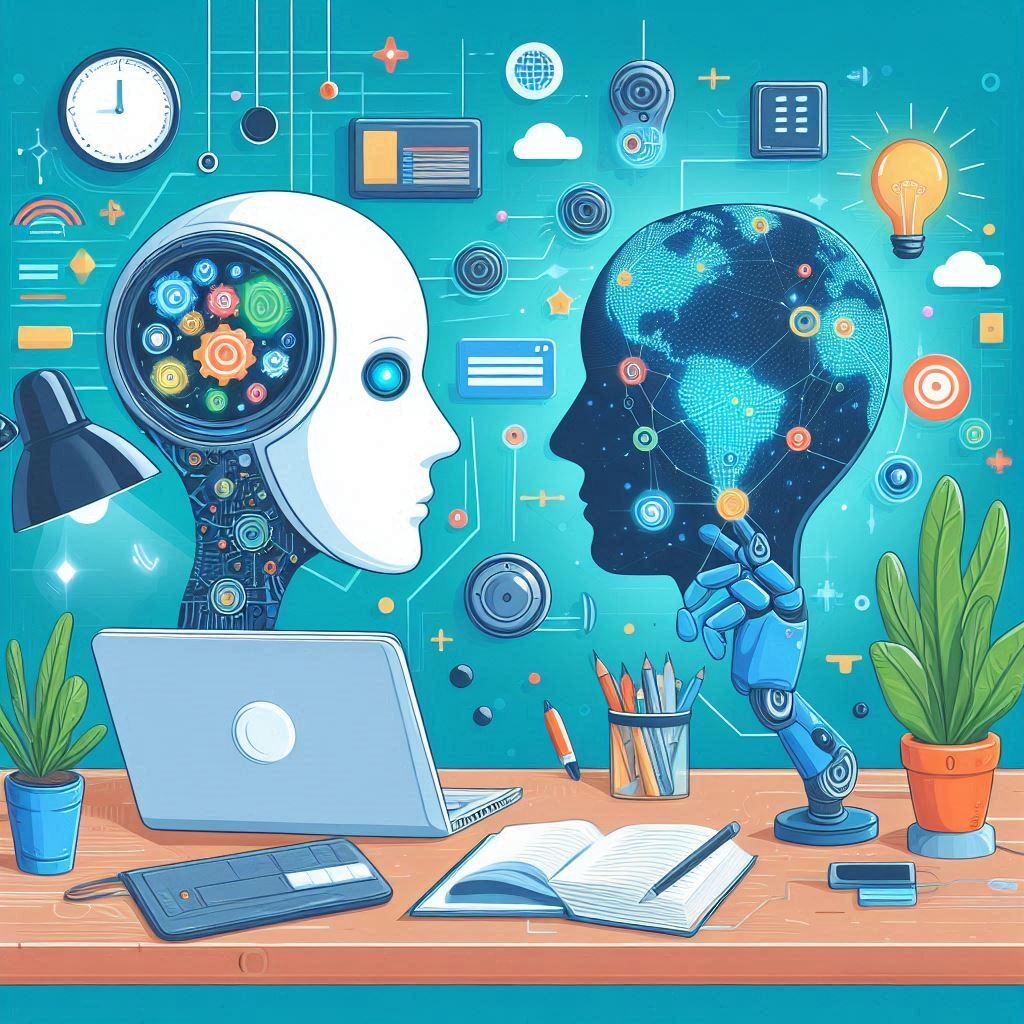Benefits of Agentic AI: Why the Future of Work Is Autonomous
Agentic AI isn’t just another step in automation—it’s a fundamental shift in how work gets done. As enterprises move beyond scripts, bots, and...
Discover what makes the best AI agent tools work, and why most fail to deliver real business outcomes at scale.
AI agents are changing how work gets done, from automating time-consuming tasks to executing complex workflows without human intervention. But if you’ve started evaluating AI agent tools, you’ve probably noticed: most of them sound impressive… until you try to actually use them in your business.
So how do you find the right tool? What separates a promising prototype from something that delivers real outcomes?
This post breaks down what to look for—and what to avoid—when choosing an AI agent platform, based on what companies actually need to deploy automation at scale.
Many AI agent tools focus on prompt chaining or natural language responses. They can generate answers, complete basic actions, or simulate task flows. But in most cases, they fall short of truly understanding your company’s internal logic, policies, and data sources.
Real business automation requires more than clever chatbots. The best AI agent tools understand context. That means the agent doesn’t just follow instructions—it follows the rules, structures, and workflows that exist in your organization.
If a tool can't mirror how your business actually operates, it won't scale beyond a few test cases. Look for platforms that treat agents like trained employees, not one-off scripts.
Open frameworks can sound appealing. They promise limitless flexibility, letting you design agents from the ground up. But flexibility without structure quickly becomes a burden—especially when your team spends weeks debugging agents that don’t behave as expected.
The best AI agent platforms offer structured flexibility. That means providing pre-built, configurable agents that you can adapt without building from scratch. You shouldn’t need to wire up 15 components or hand-code logic flows just to get value from an agent.
Well-designed agent tools let teams focus on outcomes—not infrastructure.
AI agent adoption only makes sense if it drives results. You need to know if the agent is delivering value—whether that’s saving time, reducing costs, improving speed, or increasing accuracy.
Without performance tracking, most AI tools are a black box. You’ll never know if they’re helping or hurting your business.
A strong platform will give you clear visibility into agent activity, with dashboards that show task volume, accuracy, decision logic, time saved, and direct business impact. If you’re going to build an AI workforce, you should be able to measure its performance like a human team.
Most businesses don’t have AI engineers sitting around ready to build agents. And hiring them just to experiment with automation doesn’t scale. The best AI agent tools should remove the need for technical lift—from setup to deployment.
That means no YAML. No LangChain. No in-house orchestration layer. Just a platform where business teams—HR, finance, ops, support—can create agents using natural language, guided inputs, and easy configuration.
This isn’t about limiting flexibility. It’s about lowering the barrier to entry so your team can get started right away.
Most companies need agents that work across teams and departments—not in silos.
The problem is, many tools are optimized for single-agent use cases. You can build a recruiter agent or a support agent—but connecting them? That’s a problem.
The best platforms are built with orchestration in mind. You should be able to link agents together, pass data between them, and have one agent’s output trigger actions from another. That’s how you move from task automation to end-to-end workflow automation.
Whether it’s onboarding a new employee or resolving a billing issue, your agents need to collaborate—not operate in isolation.
Security. Auditability. Compliance. These aren’t optional features—they’re requirements.
A lot of AI agent tools weren’t built with enterprise needs in mind. They store your data in shared environments, lack permissioning controls, and can’t provide audit trails. That might be fine for a weekend prototype—but not for deploying real automation across your business.
Look for a platform that offers:
Private or single-tenant deployments
Full integration with your systems of record
Agent behavior controls and permissions
Complete visibility into decision logic and data sources
Your AI agents should follow the same security and compliance policies your people do.
In theory, AI can do anything. In practice, most tools require months of experimentation before producing results. That delay kills momentum—and makes business stakeholders skeptical.
The best platforms deliver outcomes fast. That means:
Pre-configured agents for common use cases
Clear onboarding flows and training support
Templates or libraries of proven agent logic
Agent performance baselines to measure early wins
Fast time to value doesn’t mean skipping customization. It means starting with the foundation already built—so you can iterate and improve from day one.
There’s a reason many AI agent tools look great in a 3-minute demo but fail in deployment.
They’re optimized for wow, not work.
They generate flashy responses, connect to a few APIs, or complete a few clicks in a browser. But they can’t handle multi-step logic. They don’t respect business rules. And they definitely don’t scale across departments or systems.
The real test? Try automating something meaningful—like HR compliance checks, procurement approvals, or financial risk analysis. That’s where most platforms fall apart.
Most AI agent tools were built for developers. Integrail was built for businesses.
Integrail delivers a complete platform for deploying secure, context-aware, and outcomes-driven AI Workers—without requiring technical expertise or internal engineering.
Here’s what sets Integrail apart:
Purpose-built AI Workers: Pre-configured agents tailored for HR, Finance, Operations, Support, and more
Zero-code deployment: Launch and manage AI agents with no engineering required
Enterprise-grade controls: Full audit trails, policy adherence, private deployments, and LLM endpoint integration
Cross-functional orchestration: Agents that work together across workflows and departments
Speed to results: Production-ready agents that deliver ROI in weeks, not quarters
And most importantly: Integrail doesn’t just let you build agents—it helps you build a scalable AI workforce.
Whether you're automating onboarding, validating invoices, screening candidates, or triaging support tickets, Integrail provides the structure, security, and insight needed to drive real outcomes.
Your next employee-of-the-month might not be a person.
AI Workers are becoming core to how modern businesses operate—not as assistants, but as autonomous contributors who handle real responsibilities. This shift is happening fast:
39% of CIOs already run AI in production, with another 43% planning to deploy within 6 months
6 in 10 enterprises expect to replace human-run services with AI-delivered services by 2030
By 2027, GenAI is projected to augment 30% of all knowledge work, up from 0% just a few years ago
The message is clear: companies aren’t experimenting anymore. They’re scaling. And the advantage will go to those who build the right AI workforce, not just dabble in automation.
If you want AI agents that go beyond demos—agents that integrate with your systems, respect your policies, and deliver measurable results—you need a platform built for business.

Agentic AI isn’t just another step in automation—it’s a fundamental shift in how work gets done. As enterprises move beyond scripts, bots, and...

The rapid rise of artificial intelligence (AI) has raised a lot of questions across various industries. One of the most frequently asked questions is...

An AI Meeting Assistant is a software-powered tool designed to enhance meeting productivity by automating tasks such as transcription, note-taking,...
Start your journey with Integrail

Try AI Studio by Integrail FREE and start building AI applications without coding.

NEW White Paper: Discover how AI Studio accelerates your workflows